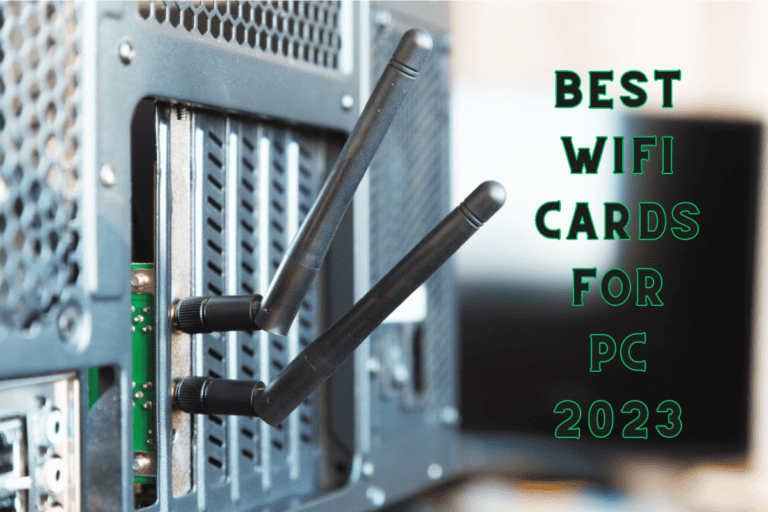
Are you searching for the best CPU for LGA 1151 in 2023?
You’re not alone. Despite the rapid technological advancements, the LGA 1151 socket remains a pivotal choice for many tech enthusiasts.
This guide is dedicated to helping you identify the best CPU for LGA 1151, ensuring you get top-tier performance for your specific needs. Whether you’re an avid gamer, a content creator, or someone who demands the best from their rig, we’ve meticulously curated a list just for you.
Dive in, and let’s find your perfect match.
Best CPU for LGA 1151 for 2023
As we venture into 2023, the landscape of processors continues to evolve. Yet, the LGA 1151 socket retains its significance. Below, we’ve handpicked the crème de la crème of CPUs tailored for this socket. Each selection represents the pinnacle of performance and offers outstanding value. Whether you’re a gamer, content creator, or everyday user, there’s a perfect match waiting for you.
Now, Let’s dive into these top picks!
1. Intel Core i9-9900K
- Cores and Threads: 8 cores and 16 threads.
- Clock Speed: Base frequency of 3.6 GHz with a turbo boost up to 5.0 GHz.
- Integrated Graphics: Intel UHD Graphics 630.
- Smart Cache: 16 MB.
- Overclocking: Unlocked multiplier for overclocking capabilities.
- Thermal Design Power (TDP): 95W.
Pros and Cons:
Pros
Cons
Why It’s a Top Choice?
The Intel Core i9-9900K is a top choice when considering the best CPU for LGA 1151, and here’s why.
From a technical standpoint, its 8 cores and 16 threads offer a harmonious blend of multitasking prowess and raw power. The ability to turbo boost up to 5.0 GHz ensures it can handle demanding applications and intensive gaming sessions without sweat.
Its unlocked multiplier is a testament to its versatility, allowing enthusiasts to push its boundaries further. Moreover, the integration of Intel UHD Graphics 630 provides a reliable onboard graphics solution, making it a comprehensive package for most users.
When you factor in its efficient power consumption, denoted by its 95W TDP, it’s evident that the i9-9900K is a powerful and balanced contender. This processor is undeniably a prime candidate for anyone seeking the best CPU for LGA 1151.
2. Intel Core i7-9700K
- Cores and Threads: 8 cores and 8 threads.
- Clock Speed: Base frequency of 3.6 GHz with a turbo boost up to 4.9 GHz.
- Integrated Graphics: Intel UHD Graphics 630.
- Smart Cache: 12 MB.
- Overclocking: Unlocked multiplier for overclocking capabilities.
- Thermal Design Power (TDP): 95W.
Pros and Cons:
Pros
Cons
Why We Choose This?
The Intel Core i7-9700K is a formidable contender for the best CPU for LGA 1151. With 8 physical cores, it’s adept at handling many tasks simultaneously.
The turbo boost of up to 4.9 GHz ensures it delivers top-notch performance, especially in scenarios demanding rapid processing. Thanks to the unlocked multiplier, its overclocking potential is a boon for enthusiasts aiming to extract every ounce of power.
Including Intel UHD Graphics 630 means users get a decent onboard graphics solution, eliminating the need for a separate GPU for basic tasks.
Given its balance of power, efficiency, and price, the i7-9700K is a stellar choice for those eyeing an optimal LGA 1151 CPU.
3. Intel Core i5-9600K
- Cores and Threads: 6 cores and 6 threads.
- Clock Speed: Base frequency of 3.7 GHz with a turbo boost up to 4.6 GHz.
- Integrated Graphics: Intel UHD Graphics 630.
- Smart Cache: 9 MB.
- Overclocking: Unlocked multiplier for overclocking capabilities.
- Thermal Design Power (TDP): 95W.
Pros and Cons:
Pros
Cons
Why We Choose This?
The Intel i5-9600K is a compelling option for those searching for the best LGA 1151 CPU. Its 6 cores, while fewer than the i7 and i9 variants, still pack a punch, especially for mainstream users and gamers.
The impressive turbo boost of up to 4.6 GHz ensures it doesn’t lag in performance-intensive tasks. Its overclocking capabilities, courtesy of the unlocked multiplier, give enthusiasts ample room for tweaking and tuning.
The Intel UHD Graphics 630 integration is a noteworthy addition, catering to those not requiring a dedicated GPU.
Balancing price, performance, and power, the i5-9600K is a top-tier choice in the LGA 1151 CPU lineup.
4. Intel Core i5-9400F
- Cores and Threads: 6 cores and 6 threads.
- Clock Speed: Base frequency of 2.9 GHz with a turbo boost up to 4.1 GHz.
- Integrated Graphics: None (This is an ‘F’ series CPU, which lacks onboard graphics).
- Smart Cache: 9 MB.
- Overclocking: Locked multiplier, meaning no overclocking capabilities.
- Thermal Design Power (TDP): 65W.
Pros and Cons
Pros
Cons
Why We Choose This?
When considering the best LGA 1151 CPU, the choice between the Intel i5-9600K and the Intel Core i5-9400F is intriguing.
At first glance, the i5-9600K seems to have the upper hand with its higher turbo boost and overclocking capabilities. However, the i5-9400F isn’t to be overlooked.
The i5-9400F’s lack of integrated graphics might be a deal-breaker for some, but it’s a boon for those already investing in a dedicated GPU. This omission often results in a more attractive price point, making it a budget-friendly alternative without compromising much on performance.
While the i5-9600K boasts a higher turbo boost, the i5-9400F’s lower TDP of 65W indicates a more power-efficient design.
This could translate to cooler operations, which is especially beneficial for systems with limited cooling solutions.
If you’re seeking raw power and overclocking potential, the i5-9600K is your go-to. But for those on a budget who want a solid performer without the bells and whistles, the i5-9400F is a worthy contender.
5. Intel Core i3-9100F
- Cores and Threads: 4 cores and 4 threads.
- Clock Speed: Base frequency of 3.6 GHz with a turbo boost up to 4.2 GHz.
- Integrated Graphics: None (Being an ‘F’ series CPU, it lacks onboard graphics).
- Smart Cache: 6 MB.
- Overclocking: Locked multiplier, so no overclocking capabilities.
- Thermal Design Power (TDP): 65W.
Pros and Cons
Pros
Cons
Why We Choose This?
The Intel Core i3-9100F, an entry-level option in the best LGA 1151 CPU lineup, is no slouch. It’s designed for users who need reliable performance without breaking the bank.
Its four cores and four threads, combined with a turbo boost of up to 4.2 GHz, ensure that everyday tasks and light gaming are easily handled.
The absence of integrated graphics might seem a drawback, but it’s a strategic move.
By omitting this feature, Intel offers the i3-9100F at a more competitive price, making it an attractive option for those who plan to pair it with a dedicated GPU.
Its 65W TDP mirrors its efficient design, ensuring it doesn’t run too hot, even under load. This is especially beneficial for setups with basic cooling solutions.
In summary, the i3-9100F proves that you don’t need to spend big to get reliable performance.
It’s a perfect choice for budget-conscious users who still want to taste what the LGA 1151 platform offers.
Decoding the LGA 1151 CPU Specifications
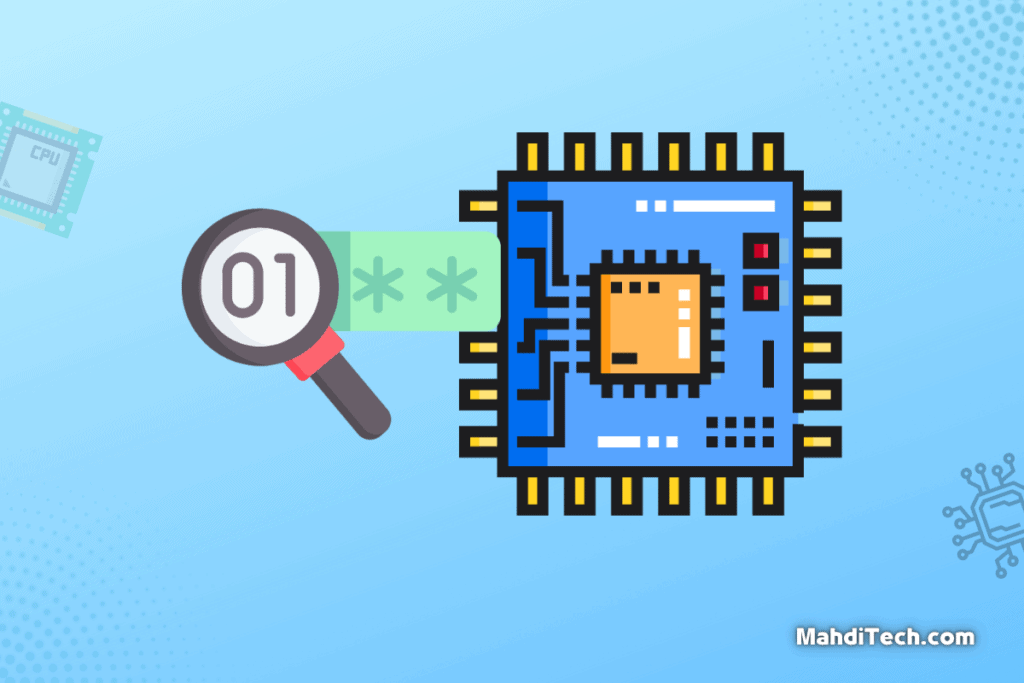
Navigating the world of CPUs can be daunting, with terms like “cores,” “threads,” and “clock speed” often feeling like tech jargon.
Yet, these are pivotal in understanding a CPU’s prowess, especially for LGA 1151 options. This section will demystify these terms, highlighting their significance and impact on performance.
Whether you’re a tech enthusiast or just starting, let’s dive into the heart of CPU specifications together.
Understanding Cores and Threads
When evaluating the best CPU for LGA 1151, a fundamental consideration lies in its cores and threads.
These components are pivotal in determining its processing capabilities. A core can be envisioned as an individual processor capable of executing tasks.
The more cores a CPU has, the more tasks it can handle simultaneously, leading to enhanced multitasking and parallel processing.
Threads, conversely, are sequences of ordered instructions that dictate how a core should perform its task. Modern CPUs, especially the best CPU for LGA 1151 options, often utilize technologies like simultaneous multithreading (SMT) or Hyper-Threading in Intel’s terminology.
This allows each core to handle multiple threads, doubling the number of tasks a core can process concurrently.
While cores determine the raw processing power, threads optimize and streamline this power, ensuring tasks are executed efficiently and swiftly.
The Importance of Clock Speed
Clock speed, often measured in gigahertz (GHz), is critical when assessing the best CPU for LGA 1151. It represents the rate at which a CPU can execute instructions.
A higher clock speed indicates that the CPU can process data faster, leading to faster performance.
However, it’s not just about raw speed. The architecture’s efficiency and the cores’ quality affect how effectively that speed is utilized.
For those seeking the best CPU for LGA 1151, balancing clock speed with other specifications ensures optimal performance and value.
Delving into CPU Architecture
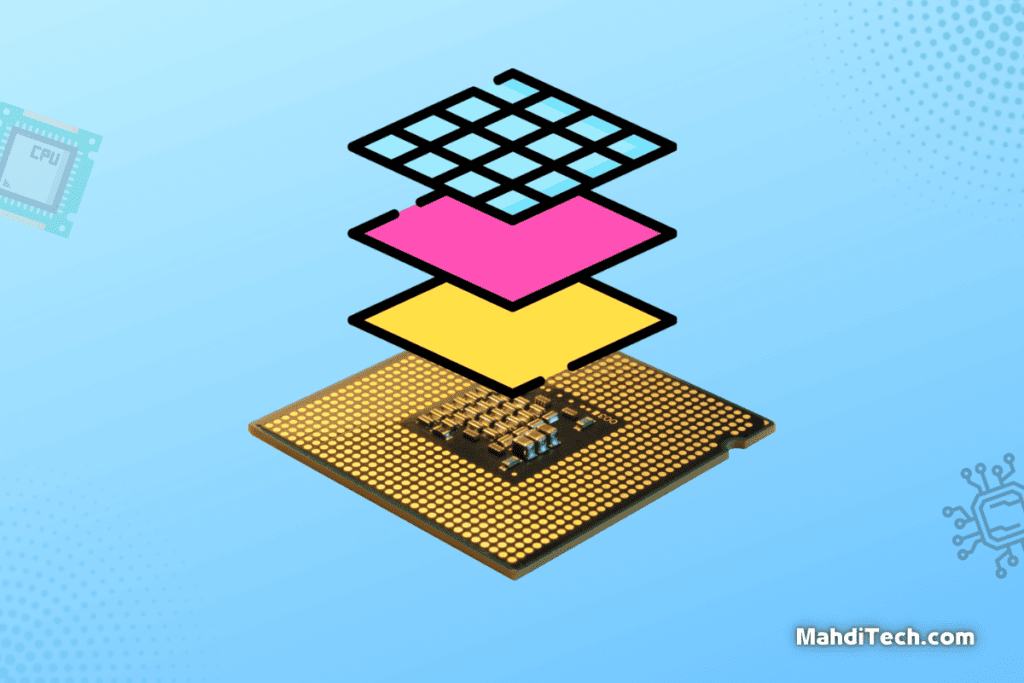
CPU architecture, often called the CPU’s “microarchitecture,” is the blueprint defining how a processor functions.
When considering the best CPU for LGA 1151, understanding its architecture is paramount. It encompasses the design, organization, and interconnectedness of its internal components. While clock speed indicates how fast a CPU can operate, the architecture determines how efficiently it performs tasks within each clock cycle.
Over the years, architectural advancements have led to more streamlined operations, reduced power consumption, and enhanced performance capabilities.
Different generations of CPUs, even within the LGA 1151 category, may have varying architectures, each bringing advantages and optimizations.
In essence, the architecture is the foundation for all other CPU features and capabilities.
Multitasking Capabilities
In today’s digital age, multitasking is no longer a luxury but a necessity. When evaluating the best CPU for LGA 1151, one must consider its multitasking prowess.
This capability is determined by how efficiently a CPU can handle multiple tasks or applications simultaneously without a dip in performance. Cores and threads play a pivotal role here; more cores and threads generally mean better multitasking.
However, other factors, like cache size and memory bandwidth, influence this capability. A CPU optimized for multitasking ensures that whether you’re gaming while streaming, running multiple applications, or processing-intensive tasks, there’s no compromise on speed or responsiveness.
For those seeking seamless multitasking in the best CPU for LGA 1151, it’s crucial to weigh these factors holistically.
LGA 1151 CPU Benchmarks and Comparisons
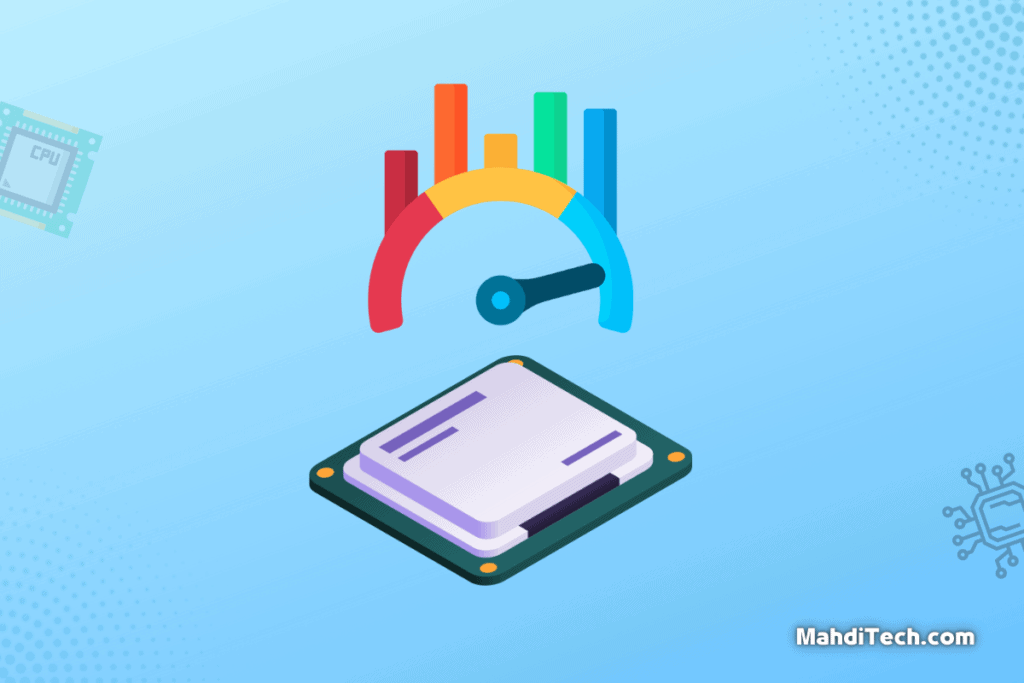
Selecting the best CPU for LGA 1151 isn’t just about specs but real-world performance.
We gain tangible insights into a CPU’s capabilities through benchmarks and energy efficiency analyses.
Dive into our 2023 performance charts and energy assessments to confidently make an informed choice.
2023 LGA 1151 CPU Performance Charts
Visual data is invaluable to gauge the prowess of the best CPU for LGA 1151 in 2023.
Below is a comprehensive performance chart showcasing how various processors stack against each other in real-world scenarios.
This chart will offer a clear snapshot, helping you discern which CPU best fits your needs.
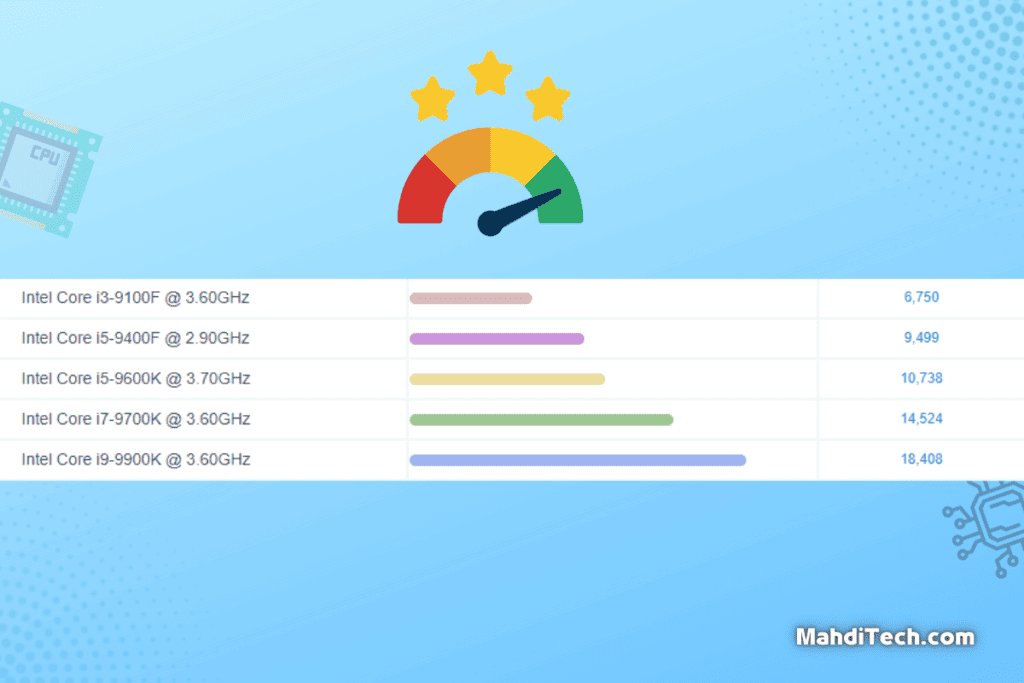
Energy Efficiency Analysis
Energy efficiency is paramount when selecting the best CPU for LGA 1151. It’s a delicate balance between performance and power consumption. Let’s consider the CPUs we’ve discussed:
- Intel Core i9-9900K: With a TDP of 95W, it’s a powerhouse. While it delivers top-tier performance, it can consume more energy, especially under heavy loads. In real-life benchmarks, it averages around 85W during intensive tasks.
- Intel Core i7-9700K: Slightly more efficient with a TDP of 95W, it averages around 80W in real-world scenarios, offering a good balance between power and performance.
- Intel i5-9600K: With a TDP of 95W, it’s energy-conscious for its tier, averaging 75W during high-demand tasks.
- Intel Core i5-9400F: A more budget-friendly option with a TDP of 65W, it averages around 55W, making it one of the more energy-efficient choices.
- Intel Core i3-9100F: The most energy-conservative of the lot, with a TDP of 65W, averages just about 50W in real-life usage.
When choosing a CPU, factoring in these energy consumption patterns is essential. It ensures you’re getting performance and an energy-efficient, cost-effective solution.
Budget vs. Premium: LGA 1151 CPU Choices

Navigating the LGA 1151 CPU landscape presents many options, from cost-effective workhorses to high-end powerhouses. Your choice hinges on both budget constraints and performance aspirations.
In the upcoming sections, we’ll spotlight the standout budget-friendly CPUs for 2023, followed by a deep dive into the elite premium offerings in the LGA 1151 realm.
Best Budget LGA 1151 CPUs for 2023
- Intel Core i3-9100F: A quad-core processor that offers solid performance for its price, especially for basic tasks and light gaming.
- Intel Core i5-9400F: With six cores, it’s a step up from the i3 series, offering better multitasking capabilities without breaking the bank.
- Intel Pentium Gold G5600: While not as powerful as the Core series, this dual-core CPU is extremely wallet-friendly and perfect for basic computing needs.
- Intel Core i3-9300: A slightly improved version of the i3-9100, offering marginally better clock speeds and integrated graphics.
- Intel Pentium Gold G5420: Another entry from the Pentium series, it’s a reliable choice for budget builds, especially for non-gaming applications.
Premium LGA 1151 CPU Options for 2023
- Intel Core i9-9900K: A flagship processor with 8 cores and 16 threads, it boasts high clock speeds and is renowned for its gaming and multitasking prowess.
- Intel Core i9-9900KS: A special edition of the i9-9900K, it offers an all-core turbo boost, ensuring peak performance across all cores.
- Intel Core i7-9700K: With 8 cores, it’s slightly below the i9 series in hyperthreading but still offers robust performance for demanding tasks and gaming.
- Intel Core i7-9700KF: Similar to the i7-9700K, it lacks integrated graphics, making it a slightly cheaper option for those with dedicated GPUs.
- Intel Core i5-9600K: While it’s an i5, its overclocking capabilities and six high-performance cores make it a premium choice for those who want a balance between price and power.
Conclusion
Every LGA 1151 CPU tells a story of power, efficiency, and innovation. But beyond the technical jargon lies a simple truth: the best choice resonates with your unique needs.
Whether you’re budget-bound or chasing the zenith of performance, understanding each CPU’s essence is pivotal.
In this ever-evolving tech landscape, decisions aren’t just purchases—they’re investments in future-proofing your passions, from gaming to content creation.
Frequently Asked Questions (FAQ):
Is LGA 1151 outdated?
While LGA 1151 has been a dominant socket for Intel CPUs for several years, newer sockets have since been introduced. However, many LGA 1151 CPUs remain relevant and powerful for various tasks.
What’s next after LGA 1151?
After LGA 1151, Intel introduced the LGA 1200 socket, primarily for their 10th and 11th-generation CPUs. This new socket brought about architectural improvements and support for newer technologies.
How does LGA 1151 compare with newer sockets?
LGA 1151 offers robust performance, especially with its later CPUs. However, newer sockets like LGA 1200 provide enhanced power efficiency, better thermal performance, and support for more recent technologies, making them more future-proof.






